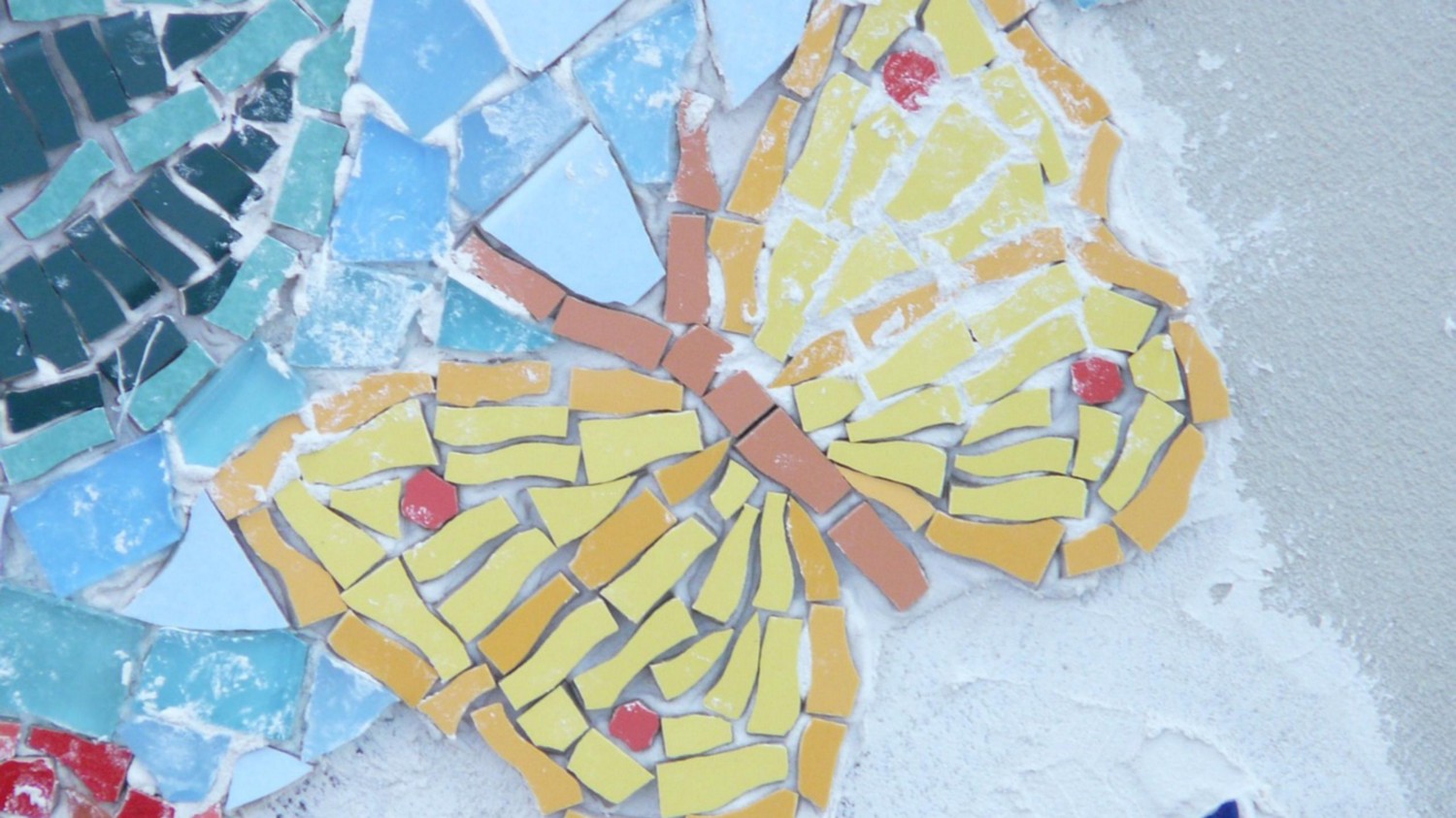As someone who practices and teaches forgiveness as the most important healing process one can undertake, I am continually humbled and stunned by the stories I read and witness firsthand. These are stories of people who have undergone the most painful experiences thinkable, but who have chosen to forgive the unforgivable.
The Forgiveness Project — an award-winning organization that shares stories of forgiveness to encourage people to move forward from trauma into understanding — is home to an incredible archive of such experiences. It includes accounts like that of Margot, whose father was brutally murdered by a man she chose to hate for years.
Margot writes, “At first, I hated the very notion of forgiveness. To tell someone who is in pain to forgive is brutal…. The moment I began to consider forgiveness, my whole body started to feel different, more complete and more at peace…. Before I embarked on this path, half of me was a void and full of nothingness, whereas now I have a friendship with the man who killed my father and that has helped put meaning back into my life.”
The relationship between forgiveness and merit
For so many people, Margot’s ultimate desire to forgive and reconcile with her father’s killer seems incomprehensible. Most of us have narrow ideas of what deserves forgiveness, and what does not.
Usually, forgivable actions include penitent perpetrators and the ability to restore things to what they were before the harm was done. So when we see certain actions as unforgivable, we usually feel that something unrecoverable has been taken from us, or that we are irreparably damaged. The harm hits closer to home and attacks a part of our identity that we held dear.
We often fear that forgiveness of such actions will compromise our tenuous connection with ourselves. If we didn’t have our resentment to hold onto, it might mean losing our grip of control over our version of reality. It would also mean fully feeling our grief, which is often scarier than the prospect of letting ourselves be eaten away by our hatred or anger.
The truth about forgiveness
But the power of forgiveness — of any of the situations that have brought pain and trauma into our lives — lies in the fact that we free ourselves from our stories about who we are, who we should be, and what should have happened. When we realize that we are much larger than our limited ideas and expectations, peace becomes a tangible possibility.
In forgiving the unforgivable, we also connect to the power of empathy: the experience of putting yourself in someone else’s shoes. It is not about condoning harmful actions; it is simply about recognizing that they were not born that way. Something happened — a cascade of events and circumstances that can lead them to those actions.
The humanity of forgiveness
We free ourselves from the narrative that it’s about us, and we recognize that people are operating from their own narratives of pain. We become more capable of seeing beyond our story to the fact of the matter: Life is messy. Human beings inflict pain on one another, usually driven by own limitations and unmet needs, as well as a lack of self-compassion.
Forgiveness brings us back to our common humanity and interconnectedness. In practicing it, we come back to the truth of our already-always-wholeness. The irony is, we discover that there is truly nothing to forgive.
This doesn’t mean that we didn’t suffer or experience loss, or that we should minimize our feelings. It simply means that, no matter what happens to us, it always has the potential to bring us back to a recognition of our innate beauty and humanity. Nothing need break us or tarnish our experience of life; in coming into a fuller acceptance of all that is rather than we know better than the universe what should have been, we come into a marvelous sense of connection with the greater web of existence and humankind. We move beyond our limiting stories and into the realm of our own magnificence.
Once we recognize the gift forgiveness is for ourselves, nothing can hold us back from living a life based on compassion, love, and empathy. Where will you draw the line?
To find out more about the author visit http://bit.ly/forgivebookfree and download the first two chapters of The Power of Forgiveness: Guide to Healing and Wholeness for free.
Originally published at medium.com


